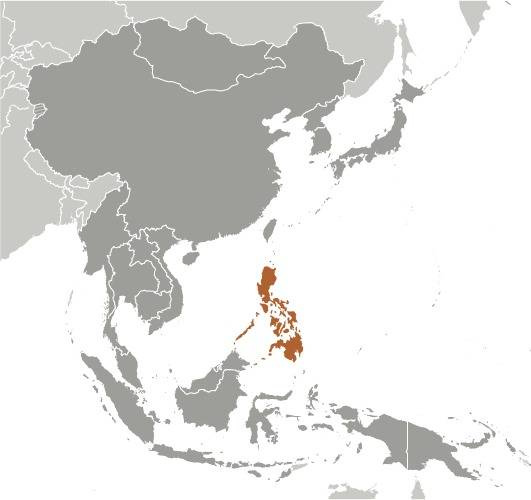Philippines reports leptospirosis increase in 2024
Fortunately, cases are decreasing in recent weeks
The Philippines Department of Health (DOH) has reported a 11 percent increase in leptospirosis cases in 2024, according to the latest figures.
From the beginning of the year through September 7, DOH reports 4,575 cases of leptospirosis. This compares to the 4,112 cases recorded for the same period in 2023.
The leptospirosis death toll is down from last year—393 in 2024 to date versus 475 deaths in 2023 at this time last year.
The welcomed news is that cases have been decreasing in recent weeks. There were 1,726 cases reported from July 28 to August 10, 2024, the number decreased by 77 percent to only 396 cases from August 11 to 24, 2024, according to the DOH.
And the tally continues it downward trend when just 124 cases were reported from August 25 to September 7.
However, officials warn that this could change with incoming reports due to the recent typhoon and inclement weather.
According to the US CDC, Leptospirosis is a disease caused by bacteria. Infected animals spread the bacteria through their urine (pee). When infected animals pee, the bacteria get into the water or soil and can live there for weeks to months.
You can be infected if you touch fresh water, soil, or other objects contaminated with infected animal urine. The most common ways to get infected is urine or contaminated water getting in your eyes, nose, mouth, or broken skin (such as a cut or scratch). You can also get infected by eating contaminated food or drinking contaminated water.
Subscribe to Outbreak News TV on YouTube
Some people with leptospirosis do not have any symptoms. When symptoms occur, they can include fever, headache, chills, muscle aches, vomiting, jaundice (yellow eyes and skin), red eyes, stomach pain, diarrhea, and sometimes a rash. Without proper treatment with antibiotics, people with leptospirosis may develop serious problems with their kidneys, liver, or lining of the brain and spinal cord (meningitis). In some cases, leptospirosis can cause death.
CDC offers the following prevention tips:
After flooding, make water safe to drink by boiling it or using a chemical treatment like Aquatabs.
Cover cuts or scratches with waterproof bandages or other coverings that seal out water.
Don't get into, bathe, or swallow floodwater or any fresh water source that may have animal urine in it.
Wear waterproof protective clothing and shoes near water or soil that may be contaminated with animal urine.
Keep rodents away by putting food, water, and trash in closed containers, and trapping rodents.





